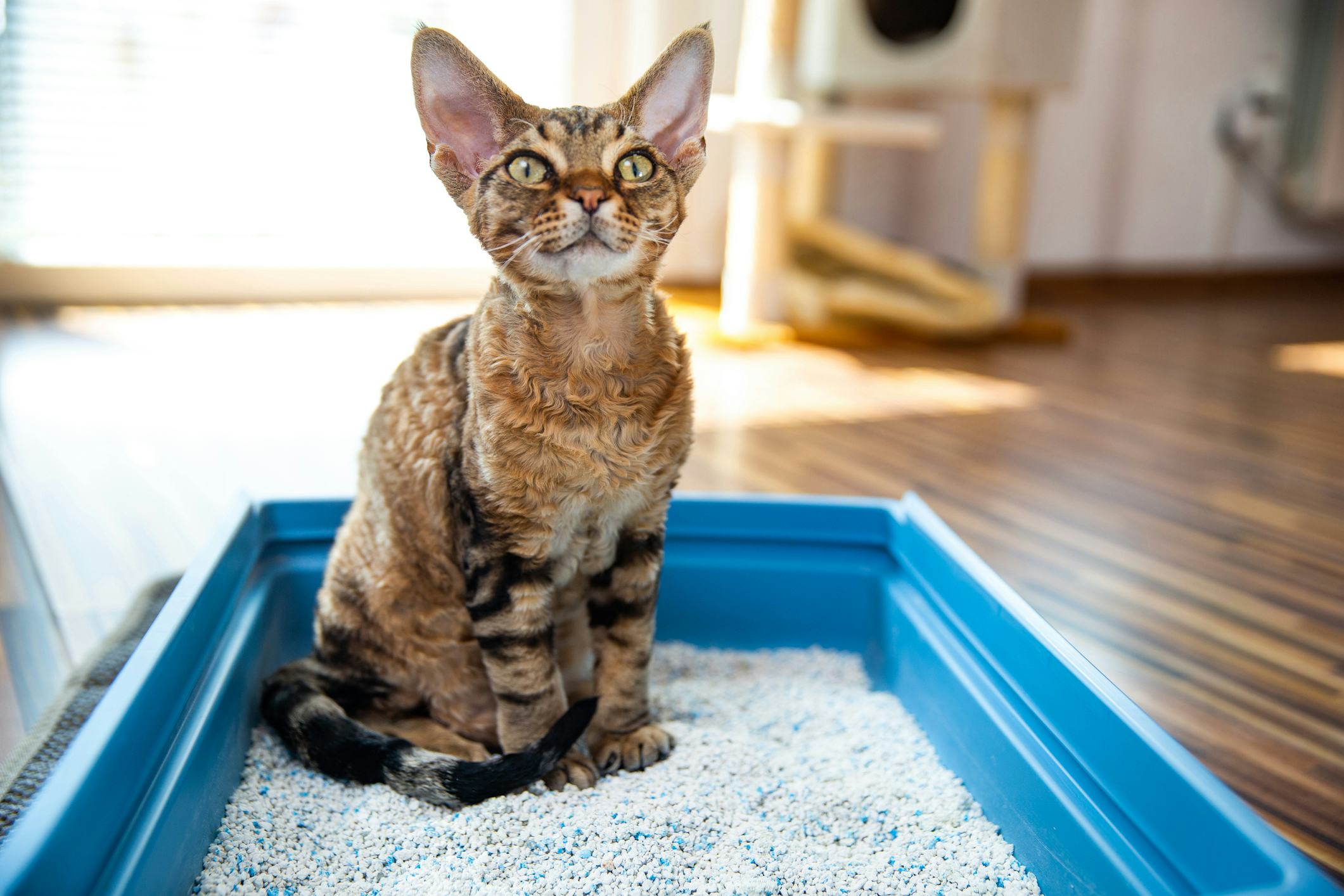The Consequences of Flushing Cat Poop Down Your Toilet - Safeguard Your Pipes
The Consequences of Flushing Cat Poop Down Your Toilet - Safeguard Your Pipes
Blog Article
Presented here below you'll find more first-rate insight with regards to How to Dispose of Cat Poop and Litter Without Plastic Bags.

Intro
As feline owners, it's vital to be mindful of how we take care of our feline good friends' waste. While it may appear practical to purge feline poop down the commode, this practice can have destructive consequences for both the setting and human health.
Environmental Impact
Purging pet cat poop introduces unsafe pathogens and parasites right into the water, presenting a significant risk to aquatic environments. These pollutants can negatively influence marine life and concession water high quality.
Wellness Risks
Along with environmental issues, purging cat waste can likewise pose health threats to human beings. Cat feces may contain Toxoplasma gondii, a parasite that can cause toxoplasmosis-- a potentially serious illness, specifically for pregnant females and people with weakened immune systems.
Alternatives to Flushing
Thankfully, there are safer and extra liable means to throw away pet cat poop. Consider the following options:
1. Scoop and Dispose in Trash
One of the most common technique of taking care of feline poop is to scoop it right into a naturally degradable bag and throw it in the garbage. Be sure to make use of a devoted trash inside story and get rid of the waste without delay.
2. Use Biodegradable Litter
Choose naturally degradable pet cat clutter made from products such as corn or wheat. These litters are environmentally friendly and can be safely gotten rid of in the garbage.
3. Bury in the Yard
If you have a lawn, think about burying cat waste in a designated location far from veggie gardens and water sources. Be sure to dig deep adequate to stop contamination of groundwater.
4. Set Up a Pet Waste Disposal System
Purchase an animal garbage disposal system especially created for feline waste. These systems use enzymes to break down the waste, reducing smell and environmental influence.
Conclusion
Liable family pet possession prolongs past offering food and shelter-- it likewise entails correct waste management. By avoiding flushing pet cat poop down the toilet and selecting different disposal techniques, we can minimize our ecological footprint and secure human health.
Why You Should Never Flush Cat Poop Down the Toilet
A rose by any other name might smell as sweet, but not all poop is created equal. Toilets, and our sewage systems, are designed for human excrement, not animal waste. It might seem like it couldn’t hurt to toss cat feces into the loo, but it’s not a good idea to flush cat poop in the toilet.
First and foremost, assuming your cat uses a litter box, any waste is going to have litter on it. And even the smallest amount of litter can wreak havoc on plumbing.
Over time, small amounts build up, filling up your septic system. Most litter sold today is clumping; it is made from a type of clay that hardens when it gets wet. Ever tried to scrape old clumps from the bottom of a litter box? You know just how cement-hard it can get!
Now imagine just a small clump of that stuck in your pipes. A simple de-clogger like Drano isn’t going to cut it. And that means it’s going to cost you big time to fix it.
Parasitic Contamination
Believe it or not, your healthy kitty may be harboring a nasty parasite. Only cats excrete Toxoplasma in their feces. Yet it rarely causes serious health issues in the cats that are infected. Most people will be fine too if infected. Only pregnant women and people with compromised immune systems are at risk. (If you’ve ever heard how women who are expecting are excused from litter cleaning duty, Toxoplasma is why.)
But other animals may have a problem if infected with the parasite. And human water treatment systems aren’t designed to handle it. As a result, the systems don’t remove the parasite before discharging wastewater into local waterways. Fish, shellfish, and other marine life — otters in particular — are susceptible to toxoplasma. If exposed, most will end up with brain damage and many will die.
Depending on the species of fish, they may end up on someone’s fish hook and, ultimately on someone’s dinner plate. If that someone has a chronic illness, they’re at risk.
Skip the Toilet Training
We know there are folks out there who like to toilet train their cats. And we give them props, it takes a lot of work. But thanks to the toxoplasma, it’s not a good idea.

I ran across that blog post about How to Dispose of Cat Poop and Litter Without Plastic Bags when doing a lookup on the web. So long as you liked our blog entry please remember to pass it around. I love reading our article about How to Dispose of Cat Poop and Litter Without Plastic Bags.
Visit Report this page